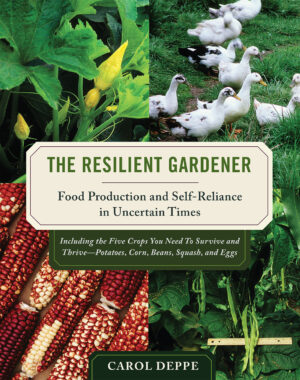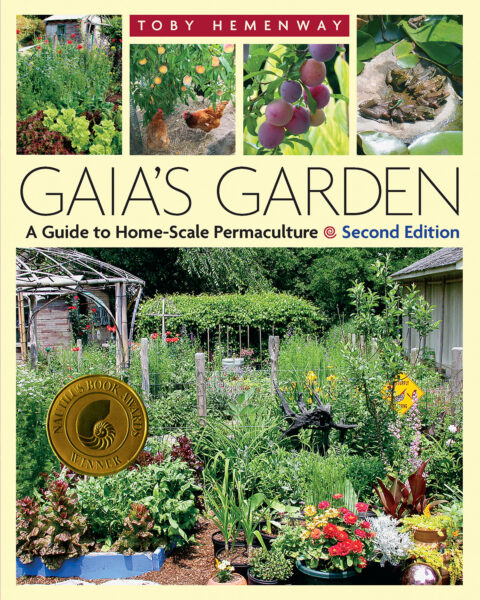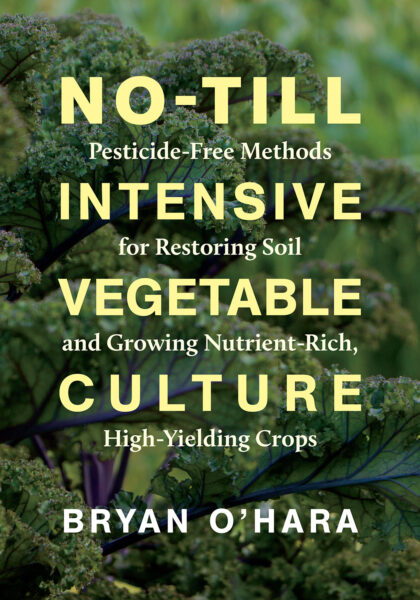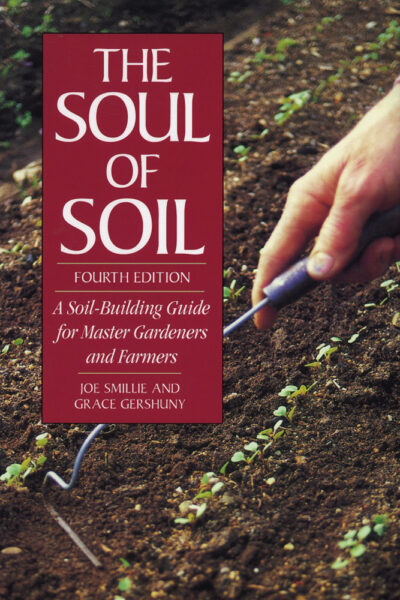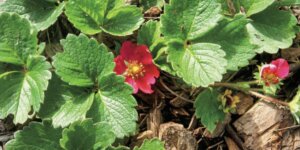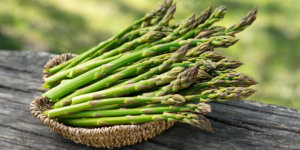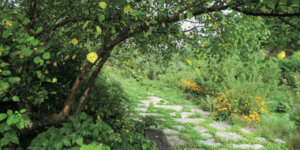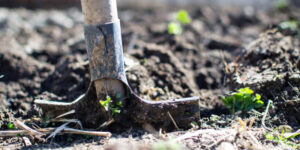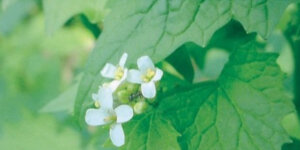Save Your Soil the Power of Pee
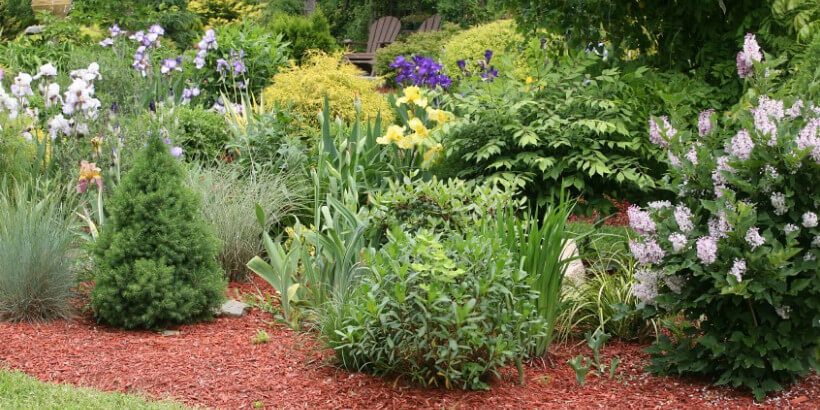
It’s time to roll up your sleeves and get down into the dirt – but you may want to grab a bucket, especially first thing in the morning. Nutrient loss in our soil is an ongoing issue for some gardeners, but you may find help in an unexpected—liquid—form.
The following is an excerpt from The Resilient Gardener. It has been adapted for the web.
Using human urine is a much simpler proposition than using humanure, which also contains feces. Urine from healthy people generally doesn’t contain pathogenic bacteria or parasites an is in fact sterile at the time it’s excretes. With out current vegetable garden, pee is off limits because we sell some of the vegetables. I feel pretty confident about the safety of pee, but using it on other people’s vegetables isn’t something I would want to have to explain to anyone. But during prior eras of my gardening life I used pee regularly, though intermittently. I was never so short of fertility as to need to collect all the pee. Instead, I just used it in situations where it was particularly advantageous.
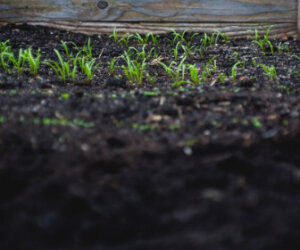
Once upon a time I did various experiments on nutrient-poor grass. I found that a 1:10 dilution of pee did not burn the grass, and it made it green up within a few days after just one dose from a watering can.
I collect my first pee of the morning in a bucket. Later pee is pallid stuff. Both color and odor suggests that the first-early pee is more concentrated. My guess is that there are more nutrients in the first batch of pee after waking than in all the pee put together for the entire rest of the day. So I collect the first pee and forget the rest.
I use the pee right away. It has a strong ammonia smell, which indicates nitrogen escaping from it that I would rather have in the garden. In addition, within a few hours of sitting around, the pee grows bacteria. I doubt the bacteria would hurt anything, but I do know they are eating up the nitrogen I want for the plants. When I use urine, it is usually because I want a quick shot of soluble nitrogen, not nitrogen tied up in bodies of bacteria. So whenever I use pee, I have used it promptly.
When I use the diluted pee in the garden, I dilute it in a watering can and water both the plants and the ground. Plants can take up nutrients through their leaves as well as their roots. I didn’t use the pee on plant parts I was going to eat, such as lettuce or green onions. It was probably safe to do so, but I didn’t think it was appetizing. But the pee sure worked well on the corn and squash.
If I were short of fertilizer and needed to save and use all the family pee, I would encourage people to pee in buckets and defecate elsewhere. It’s just so much easier to use pure pee.
If you have plenty of leaves in fall, just pile them up and wet them with diluted pee. The extra nitrogen is all they need to compost beautifully.
Recommended Reads
Recent Articles
Garden strawberries are excellent for both covering the ground and for growing fruit. If you’re planning out a forest garden, or are just looking for a plant to use as ground cover, strawberries are a great option. The following is an excerpt from The Home-Scale Forest Garden by Dani Baker. It has been adapted for…
Read MoreAsparagus is a delicious vegetable with a layered history. How did this aspiring spear make its way from growing in the wild to appearing on our plates? The following is an excerpt from the The Seed Detective by Adam Alexander. It has been adapted for the web. “Nature gives us the key to every secret…
Read MoreInterested in growing trees? Here are some tips on successfully planting, transplanting, and pruning trees to create a flourishing forest garden! The following is an excerpt from The Home-Scale Forest Garden by Dani Baker. It has been adapted for the web. Planting Potted Trees and Shrubs If you order potted trees, check with your supplier to…
Read MoreWith the right strategies and practices, composting on a small farm is surprisingly easy and inexpensive. Just follow these steps for making compost, and your farm will be thriving in no time! The following excerpt is from The Lean Farm Guide to Growing Vegetables by Ben Hartman. It has been adapted for the web. (All photographs by Ben…
Read MoreGarlic mustard: while known as “invasive,” this plant can be consumed in its entirety and has great nutritional value. Plus, the garlic-flavor is a perfect addition to any recipe that calls for mustard! The following are excerpts from Beyond the War on Invasive Species by Tao Orion and The Wild Wisdom of Weeds by Katrina…
Read More

